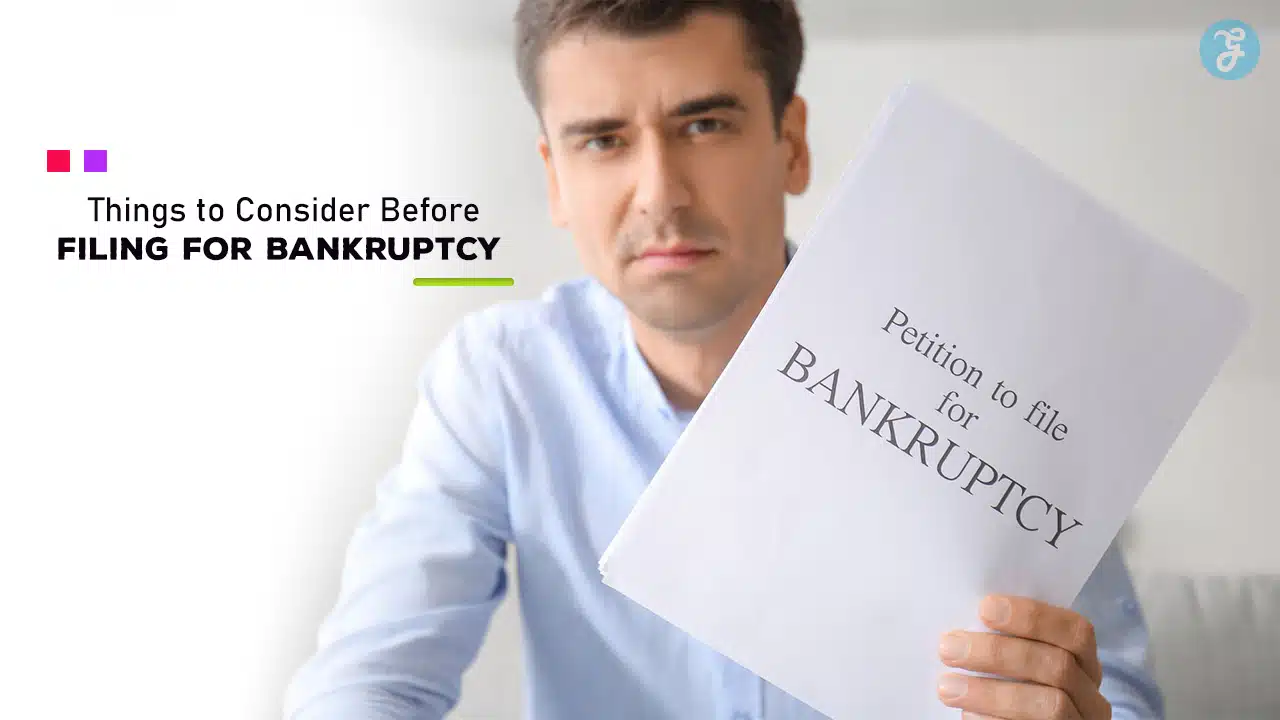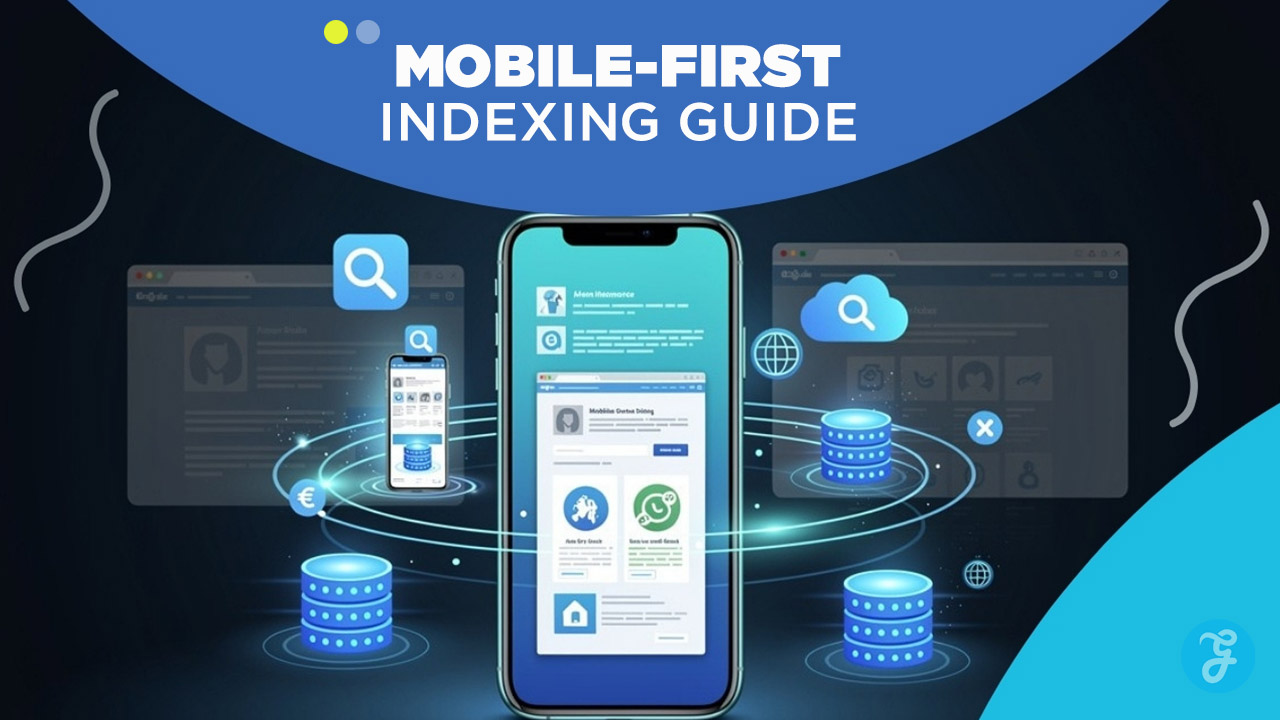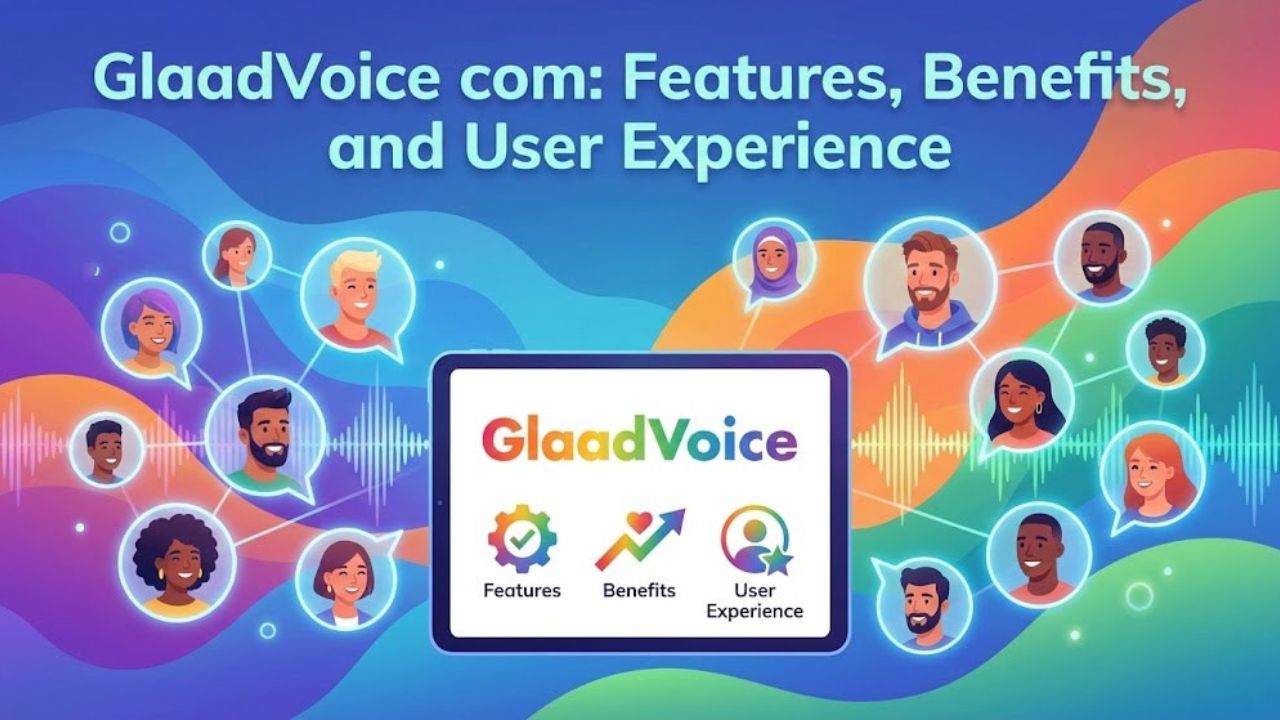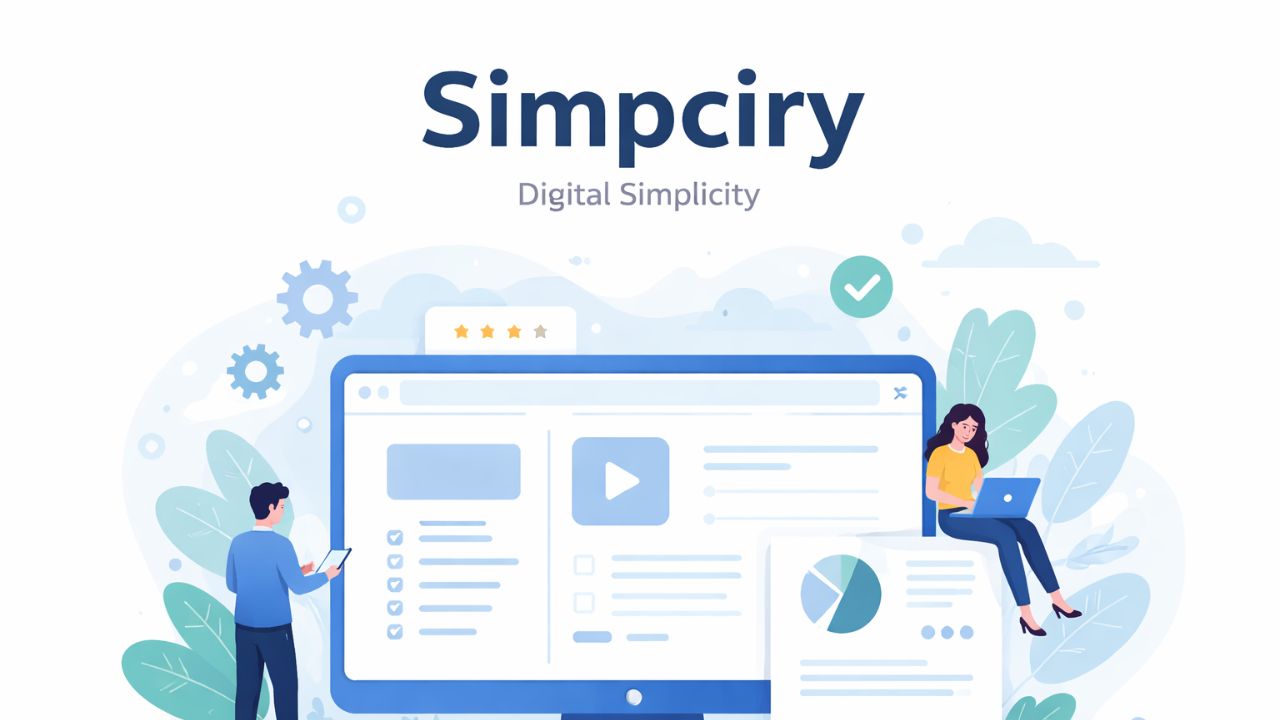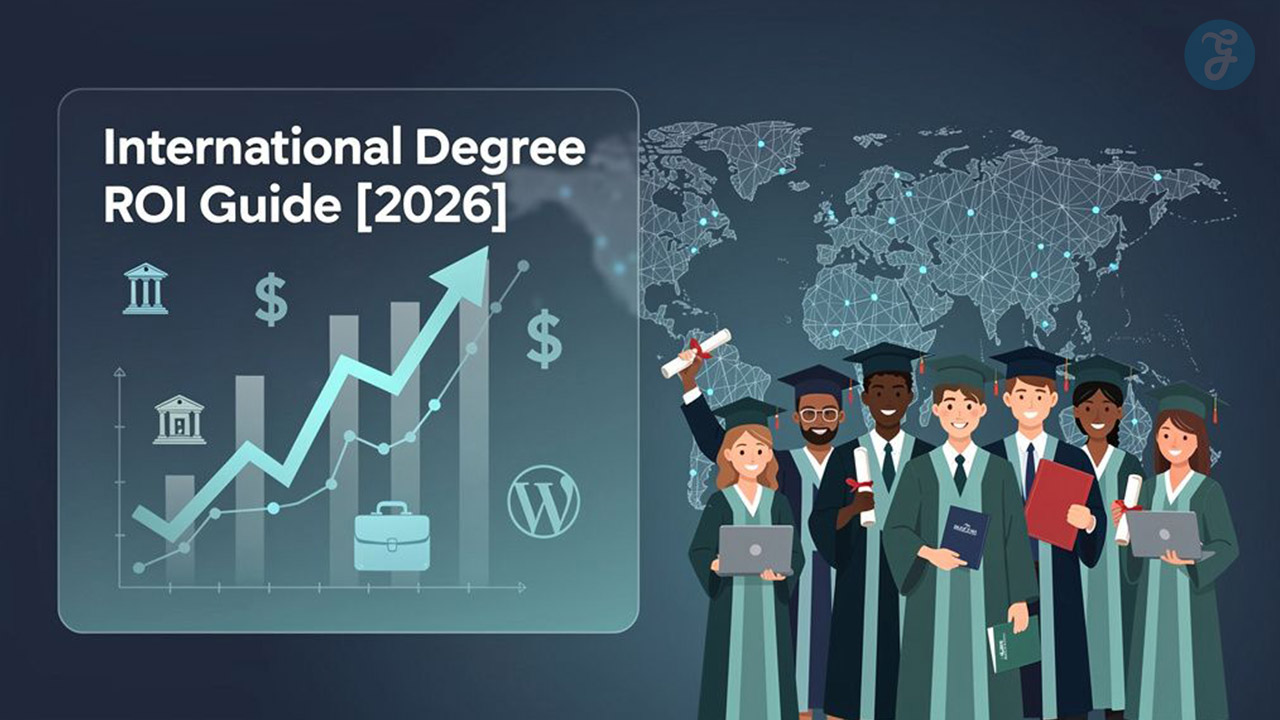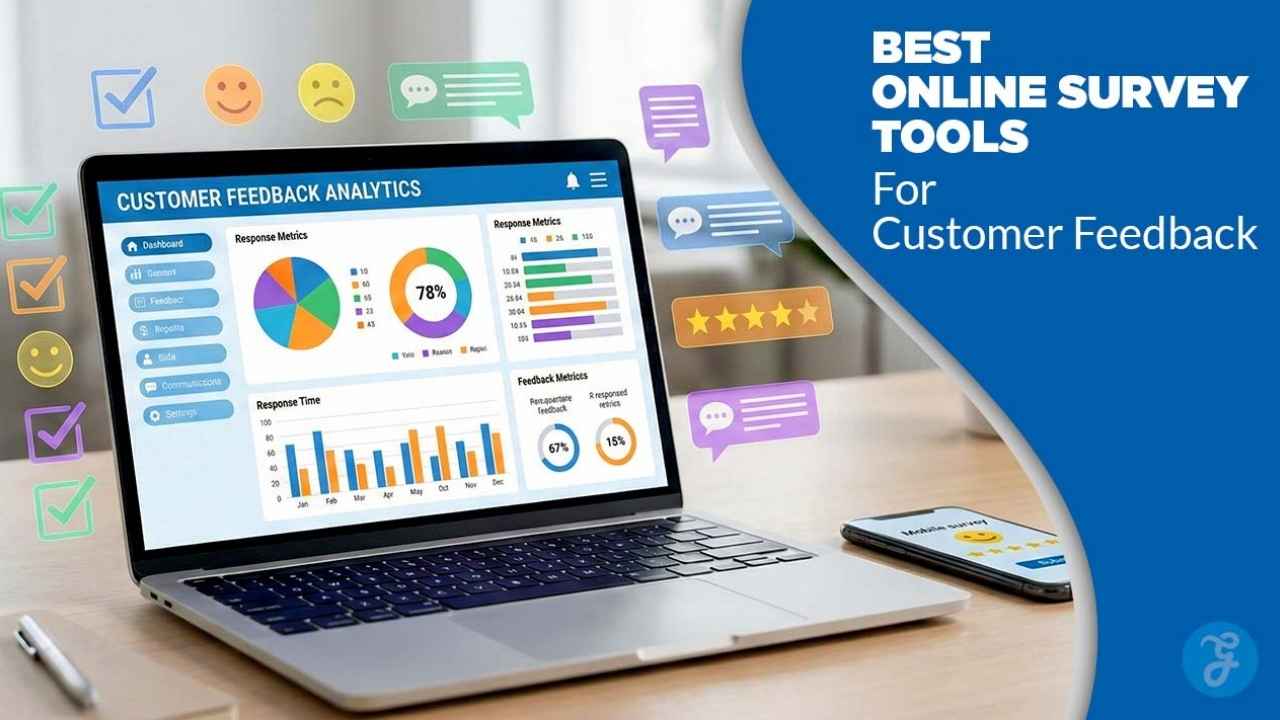Filing for bankruptcy is a significant financial decision that can have lasting effects on your credit and overall financial health.
While bankruptcy can provide relief from overwhelming debt and a fresh financial start, it’s important to understand all the implications before proceeding.
By carefully considering your options and understanding the process, you can make an informed decision that aligns with your long-term financial goals.
In this detailed guide, we’ll explore the 10 key things to consider before filing for bankruptcy, offering valuable insights to help you navigate this complex process.
1. Types of Bankruptcy: Chapter 7 vs. Chapter 13
Before filing for bankruptcy, it’s crucial to understand the different types available.
The two most common forms of personal bankruptcy are Chapter 7 and Chapter 13.
Each type has its own requirements, benefits, and consequences, so it’s essential to choose the one that best suits your financial situation.
Chapter 7 Bankruptcy (Liquidation)
- Description: Chapter 7 is often referred to as “liquidation bankruptcy” because it involves selling non-exempt assets to pay off creditors.
- Who It’s For: Chapter 7 is generally for individuals with little to no disposable income who cannot realistically repay their debts.
- Advantages: It discharges most unsecured debts (e.g., credit cards, medical bills) quickly, often within a few months.
- Disadvantages: You may lose valuable assets, such as property, vehicles, or savings, unless they are exempt under state law.
Chapter 13 Bankruptcy (Reorganization)
- Description: Chapter 13 involves creating a repayment plan to pay off debts over a period of 3 to 5 years.
- Who It’s For: Chapter 13 is suitable for individuals with a steady income who want to keep their assets while paying down their debts.
- Advantages: Allows you to keep your property and repay debts in manageable installments.
- Disadvantages: The repayment plan can last several years, and any remaining unpaid debt may still affect your credit.
2. Impact on Credit Score
Filing for bankruptcy will have a substantial negative impact on your credit score.
mThe bankruptcy will stay on your credit report for up to 10 years for Chapter 7 and 7 years for Chapter 13, making it more difficult to qualify for loans, credit cards, or mortgages in the future.
Immediate Credit Impact
- Credit Score Drop: Your credit score may drop by 100 points or more immediately after filing.
- Limited Access to Credit: Creditors may see you as a high-risk borrower, leading to higher interest rates or difficulty getting approved for new credit.
Rebuilding Credit Post-Bankruptcy
- Secured Credit Cards: One way to rebuild your credit is by using secured credit cards responsibly.
- Timely Payments: Making on-time payments on any remaining debts or new loans will help gradually improve your credit score over time.
3. Non-Bankruptcy Alternatives
Before filing for bankruptcy, it’s essential to consider other debt relief options that may help you avoid bankruptcy altogether.
These alternatives can often provide the financial relief you need without the long-term consequences of bankruptcy.
Debt Consolidation
- What It Is: Debt consolidation involves combining multiple debts into a single loan with a lower interest rate, making repayment more manageable.
- Benefits: Simplifies payments and can reduce overall interest costs.
- Drawbacks: You still need to repay the full amount of your debt, and you may not qualify if your credit score is too low.
Debt Settlement
- What It Is: Debt settlement involves negotiating with creditors to reduce the amount you owe in exchange for a lump-sum payment.
- Benefits: You may be able to settle your debts for less than you owe.
- Drawbacks: Debt settlement can negatively impact your credit and may result in tax liabilities on forgiven amounts.
Credit Counseling
- What It Is: A credit counseling agency helps you develop a debt management plan, negotiate with creditors, and set up a budget.
- Benefits: Provides professional guidance and support to avoid bankruptcy.
- Drawbacks: Debt management plans can take several years to complete.
4. What Debts Are Dischargeable?
Not all debts can be discharged through bankruptcy.
Understanding which debts will be wiped out and which will remain can help you decide whether filing for bankruptcy is the right choice for you.
Debts Discharged in Bankruptcy
- Unsecured Debts: Most unsecured debts, such as credit card debt, medical bills, and personal loans, can be discharged in bankruptcy.
- Utility Bills: Overdue utility bills are often discharged as well.
- Judgments: Some court judgments can be discharged, with exceptions for fraud or malicious conduct.
Debts Not Discharged in Bankruptcy
- Student Loans: Student loans are generally not dischargeable unless you can prove undue hardship.
- Alimony and Child Support: Family support obligations cannot be eliminated through bankruptcy.
- Tax Debts: Certain tax debts and penalties are not dischargeable.
- Secured Debts: Mortgages and car loans are secured debts that may not be discharged unless the asset is surrendered.
5. Exempt vs. Non-Exempt Assets
When filing for bankruptcy, it’s crucial to know which of your assets are considered exempt and which are non-exempt.
Exempt assets are protected from being sold to repay creditors, while non-exempt assets may be liquidated.
Common Exempt Assets
- Primary Residence: Many states allow you to keep your home under homestead exemptions.
- Personal Property: Items like clothing, household goods, and basic furniture are often exempt.
- Retirement Accounts: Most retirement savings, including 401(k) and IRA accounts, are protected from bankruptcy.
- Tools of Trade: If you need specific tools or equipment to perform your job, these may be exempt.
Common Non-Exempt Assets
- Second Homes or Vehicles: Vacation homes or additional vehicles may be considered non-exempt.
- Luxury Items: High-value collectibles, jewelry, or electronics may need to be sold to repay creditors.
- Investment Accounts: Non-retirement investment accounts are typically not exempt from liquidation.
6. The Cost of Filing for Bankruptcy
While bankruptcy may help alleviate your debts, it’s not a free process.
There are several costs associated with filing for bankruptcy, and it’s important to understand these expenses before proceeding.
Filing Fees
- Chapter 7 Fees: The filing fee for Chapter 7 bankruptcy is typically around $335.
- Chapter 13 Fees: Filing for Chapter 13 bankruptcy costs approximately $310.
Attorney Fees
- Legal Representation: Hiring a bankruptcy attorney is highly recommended, as they can guide you through the process and ensure that all paperwork is filed correctly. Attorney fees for Chapter 7 can range from $1,000 to $2,500, while Chapter 13 fees may be higher due to the extended nature of the case.
- Pro Bono Services: If you cannot afford an attorney, some non-profit organizations offer pro bono (free) legal assistance for bankruptcy cases.
7. The Bankruptcy Process and Timeline
Filing for bankruptcy involves a legal process with multiple steps and a specific timeline.
It’s essential to understand what to expect and how long the process will take before you begin.
Key Steps in Filing for Bankruptcy
- Credit Counseling: Before you can file for bankruptcy, you must complete a credit counseling course from an approved provider.
- Filing the Petition: After completing counseling, your attorney will file the bankruptcy petition with the court, listing your debts, assets, and financial details.
- Automatic Stay: Once you file, an automatic stay goes into effect, which halts most collection efforts, including wage garnishments and foreclosure proceedings.
- 341 Meeting: You’ll be required to attend a 341 meeting, where the bankruptcy trustee will ask questions about your financial situation.
How Long Does Bankruptcy Take?
- Chapter 7: The entire process typically takes about 3 to 6 months from filing to discharge.
- Chapter 13: Because Chapter 13 involves a repayment plan, it can take 3 to 5 years to complete.
8. Life After Bankruptcy
While bankruptcy provides relief from overwhelming debt, it also comes with long-term consequences.
Understanding what life after bankruptcy looks like is essential to help you prepare for rebuilding your financial future.
Rebuilding Credit
- Start Small: After bankruptcy, you may need to start rebuilding your credit with secured credit cards or small loans.
- Monitor Credit Reports: Check your credit reports regularly to ensure that all discharged debts are reported correctly.
- Develop Healthy Financial Habits: Create a budget, avoid unnecessary debt, and focus on saving to rebuild your financial stability.
Access to Credit
- Higher Interest Rates: While you may still be able to obtain credit after bankruptcy, expect to pay higher interest rates due to your lower credit score.
- Difficulty Obtaining Loans: Some lenders may be unwilling to offer loans, particularly for larger purchases like homes or cars, for several years after bankruptcy.
9. Potential Consequences Beyond Finances
While bankruptcy primarily affects your financial life, it can also have non-financial consequences that are important to consider before filing.
Impact on Employment
- Private Employers: Some private employers may check your credit history during the hiring process. A bankruptcy on your record could potentially affect your job prospects, particularly for roles involving financial responsibilities.
- Government Jobs: Federal jobs may also review credit history, though bankruptcy is not automatically disqualifying.
Emotional and Social Impact
- Emotional Stress: Bankruptcy can be emotionally draining due to the stigma, fear of judgment, and potential feelings of failure.
- Social Stigma: Some individuals may experience social stigma or feel embarrassed about filing for bankruptcy, even though it’s a legal tool designed to provide relief.
10. Long-Term Financial Goals
Before filing for bankruptcy, it’s essential to evaluate your long-term financial goals and determine whether bankruptcy aligns with them.
Bankruptcy is a serious decision that can have lasting effects on your ability to achieve financial milestones.
Will Bankruptcy Help You Achieve Your Goals?
- Debt Relief: If bankruptcy offers the best path to resolving your debt and achieving financial freedom, it may be worth pursuing.
- Impact on Homeownership: If homeownership is a future goal, consider how bankruptcy might affect your ability to qualify for a mortgage.
- Retirement Savings: Ensure that filing for bankruptcy won’t deplete your retirement savings or prevent you from achieving your retirement goals.
Takeaway: Make an Informed Decision
Filing for bankruptcy is a major decision that requires careful consideration of your financial situation, the type of debts you have, and your long-term financial goals.
By understanding the 10 key things to consider before filing for bankruptcy, you can make an informed decision and take control of your financial future.
Consulting with a bankruptcy attorney or financial advisor can provide you with personalized guidance and help you navigate the complexities of the bankruptcy process, ensuring that you choose the best option for your unique circumstances.


